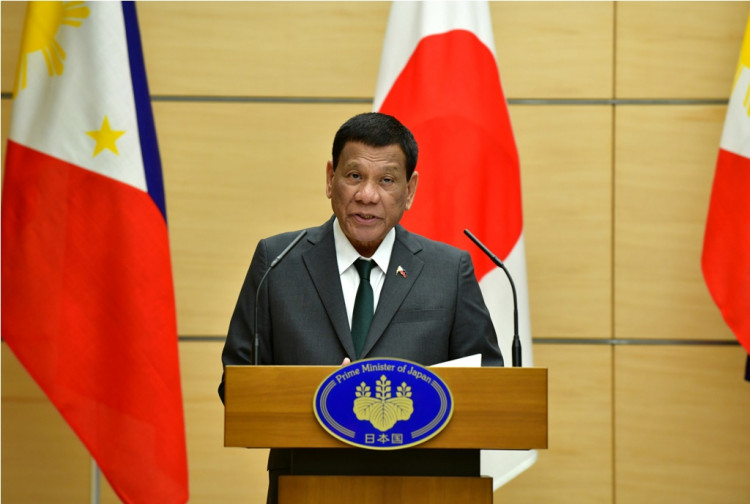The Philippines has been repeatedly recognized over the last few months to have the potential to become an Asian tiger. However, experts believe the country needs to implement relevant reforms so it can also benefit from the China-U.S. trade war and experience better economic progress.
According to an op-ed in The Philippine Star, Bangko Sentral ng Pilipinas (BSP) Governor Ben Diokno said last week that economic targets are doing well based on the latest figures. However, progressing numbers may not be enough to propel the country to greater heights unless necessary foreign investment reforms are implemented.
Even if the Philippines has been gaining good figures in some sectors that help boost the economy, Japan's Nomura still revealed in its "Emerging Markets Special Report" that the country was the least Asian nation to win in the ongoing China-U.S. trade war.
This is because the Philippines' trade figures as of the first quarter of 2019 are only equivalent to a disappointing 0.1 percent of the country's gross domestic product (GDP). Analysts believe the numbers call for huge changes in trade practices and policies.
Investment is among the biggest hurdles that the country has yet to overcome. It was reported that a foreign key player in mobile phone manufacturing rejected the potential of investing $3 billion into the Philippines.
Many investors who want to be a key player in the Philippines are unaware of what they're getting themselves into. If the TRABAHO bill gets passed or amended accordingly before it is passed, investors will have a clearer understanding of what the Philippine market has to offer.
The TRABAHO bill is expected to open more opportunities for both Filipino workers and foreign investors who want to operate in the Southeast Asian country. The bill also aims to provide investing parties with lower tax duties - a move that could further entice big investments.
Other analysts recommend reforms in foreign policies that will attract investors all over the world to trust the Philippine market and its potential of becoming a cash cow. So far, companies escaping Chinese and U.S. tariffs are opting for Vietnam.
Over the weekend, Philippine President Rodrigo Duterte urged the Senate to work faster in terms of passing reforms revolving around improved foreign direct investment (FDI) policies.
World investment experts believe that the Philippines must adopt necessary changes and reforms that will put it in a better stance among Southeast Asian countries ready for foreign investments and foreign partnerships.
The Philippines has also been urged to explore opportunities that come with tendering investment bids from firms interested in operating long term in the country for profits. This way, the companies can pay local taxes and increase the chances of an economic boost.






